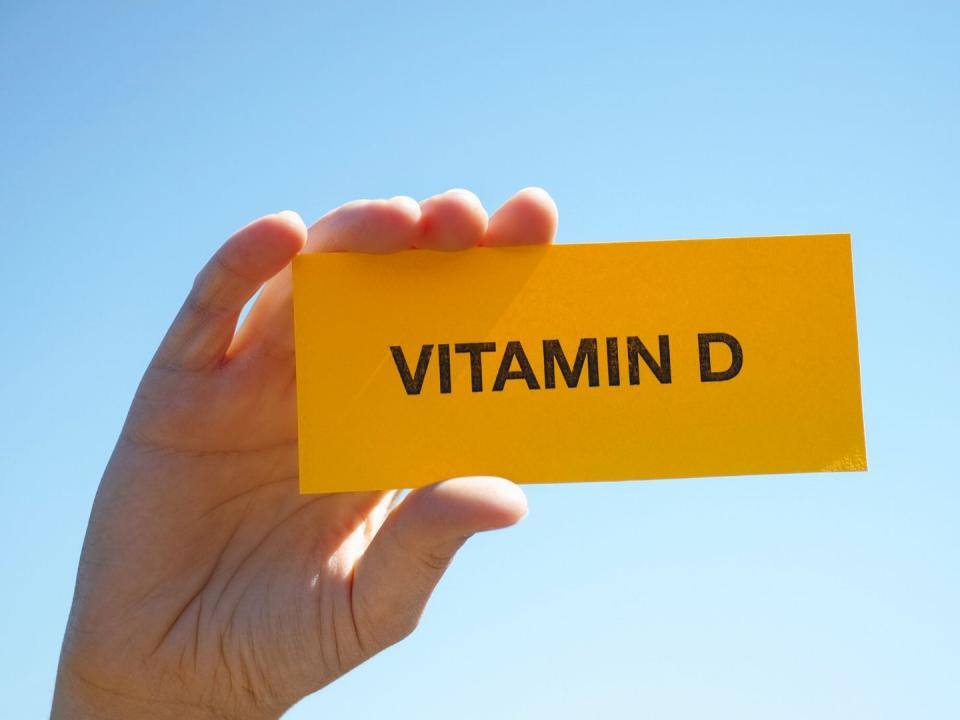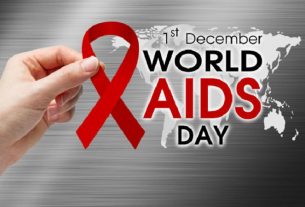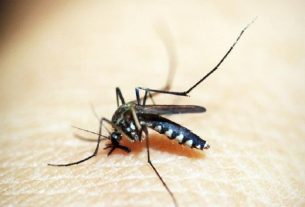Now comes new findings on how you can protect yourself against Covid-19. Several studies show that vitamin D reduces the risk of becoming seriously ill in covid-19 – by as much as 50 percent.
According to studies done in the USA, Great Britain and Ireland, vitamin D can protect against Covid-19, and in Great Britain the public health authority recommends everyone to eat the vitamin during the pandemic.
Mats Humble, psychiatrist, chief physician and researcher at the University Hospital in Örebro and specialist in vitamin D, believes that it protects both against getting sick with Covid-19, and to alleviate the course of the disease.
“Vitamin D probably has an effect on both the non-specific immune system, which can ward off the virus in the first place so that you do not get sick at all, and the specific immune system, which affects how sick you get,” he tells Aftonbladet and continues:
– I estimate that the risk of serious illness is at least 50 percent less if you have a good content of vitamin D in the body, says Mats Humble.
PROBABLY BIG BENEFIT
He recommends everyone to take 50 micro grams or 2000 units of vitamin D a day. The tablets can be bought at pharmacies or health food stores.
– There is so much support in both observational studies and treatment studies that it must be assumed that it is very likely to be useful to be well in vitamin D. You have to weigh it against the probability that vitamin D would do harm, and it is very low, says Humble to Aftonbladet.
The reason why it is not considered proven that vitamin D protects against Covid-19 is that the research has not had time. Studies are currently underway, but no results have been reported yet.
VITAMIN D:
We get vitamin D through food or that it is formed in the skin when we are out in the sun.
It is found in fatty fish such as salmon, herring and mackerel, margarine and shortening. But also in eggs and meat.
Vitamin D deficiency is detected through blood tests, but the symptoms are vague.
In the summer, it is easy to get enough vitamin D. In June and July, it is enough to be out in short sleeves for fifteen minutes two, three times a week.
THEN YOU ARE PROBABLY LACK OF VITAMIN D:
If you are outdoors rarely.
If you wear full-coverage clothing.
If you have dark skin.
If you do not eat fish or fortified dairy products.




